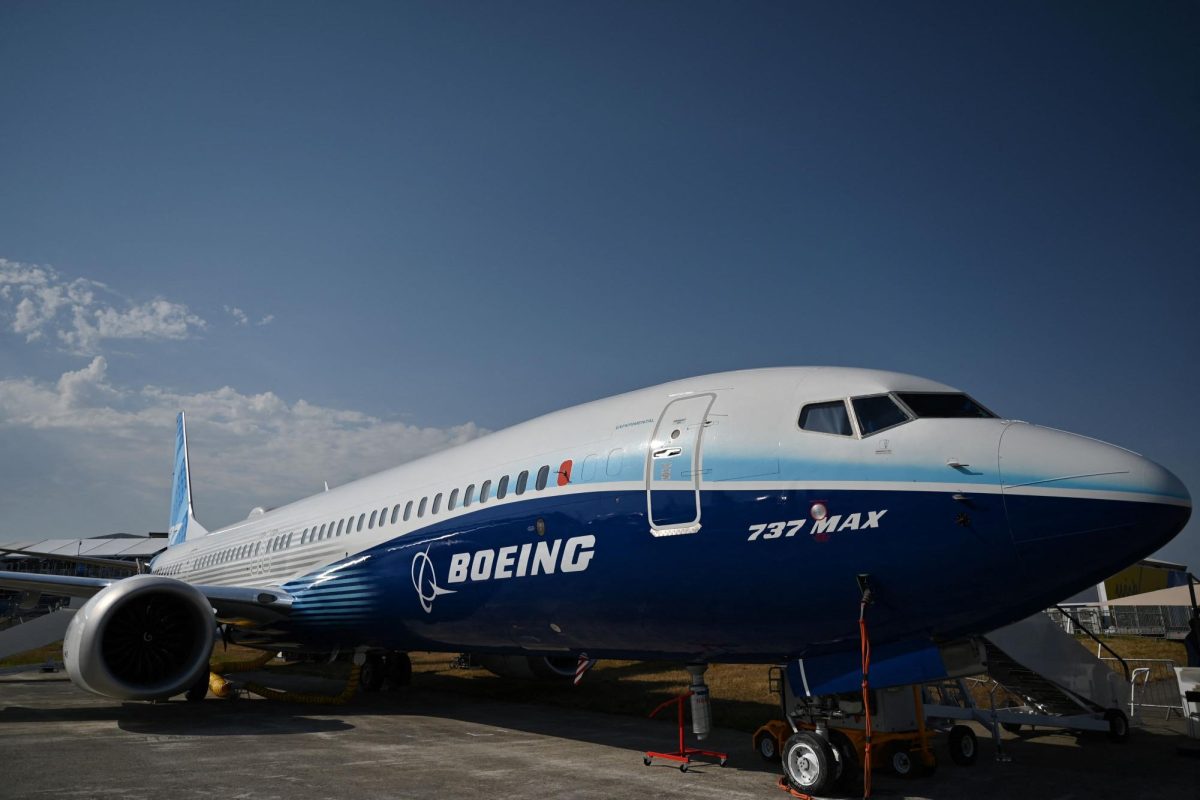According to Boeing’s website, the American company “develops, manufactures and services commercial airplanes, defense products and space systems for customers in more than 150 countries.” Since January 5, Boeing has faced a great deal of (new) negative publicity due to one of the aft doors on their aircraft (the 737 MAX-9 variant) being completely torn off in flight due to loose bolts. The plane had to divert back to Seattle Tacoma 15 minutes after takeoff. As a result, all of the MAX 9s had to be grounded globally to check and tighten the bolts.
This catastrophic 737 MAX failure isn’t the first: In 2019 a MAX crashed killing everybody on board due to an MCAS leveling system failure. Instead of keeping the aircraft level during its cruise, the system pointed the nose of the aircraft down hard, causing the pilots to lose control and the plane to uncontrollably spin downward.
Airlines have begun to lose trust not only in the aircraft but in Boeing as a whole, and some have even ordered A320s and E-Jets from Boeing’s biggest competitors, Airbus (European) and Embraer (Brazilian) since these craft seem not to be as defective and dangerous. Since foreign-built planes are harder to get to the American market than Boeing planes, this shows how serious airlines are about dealing with Boeing and their issues.
Some are convinced that unless Boeing does a full recall of its craft and takes a deep dive into any other issues that may arise, more accidents are destined to happen. Others believe that Boeing now has all the kinks worked out of the 737 MAX and that it is finally safe to fly. This trust is justified since Boeing is still providing proficient aircraft (like the 787 and 777) that are manufactured with few issues. Overall, Boeing makes safe planes; it supplies more than 500 airlines, the majority of which have good things to say about Boeing and keep ordering its planes.



















